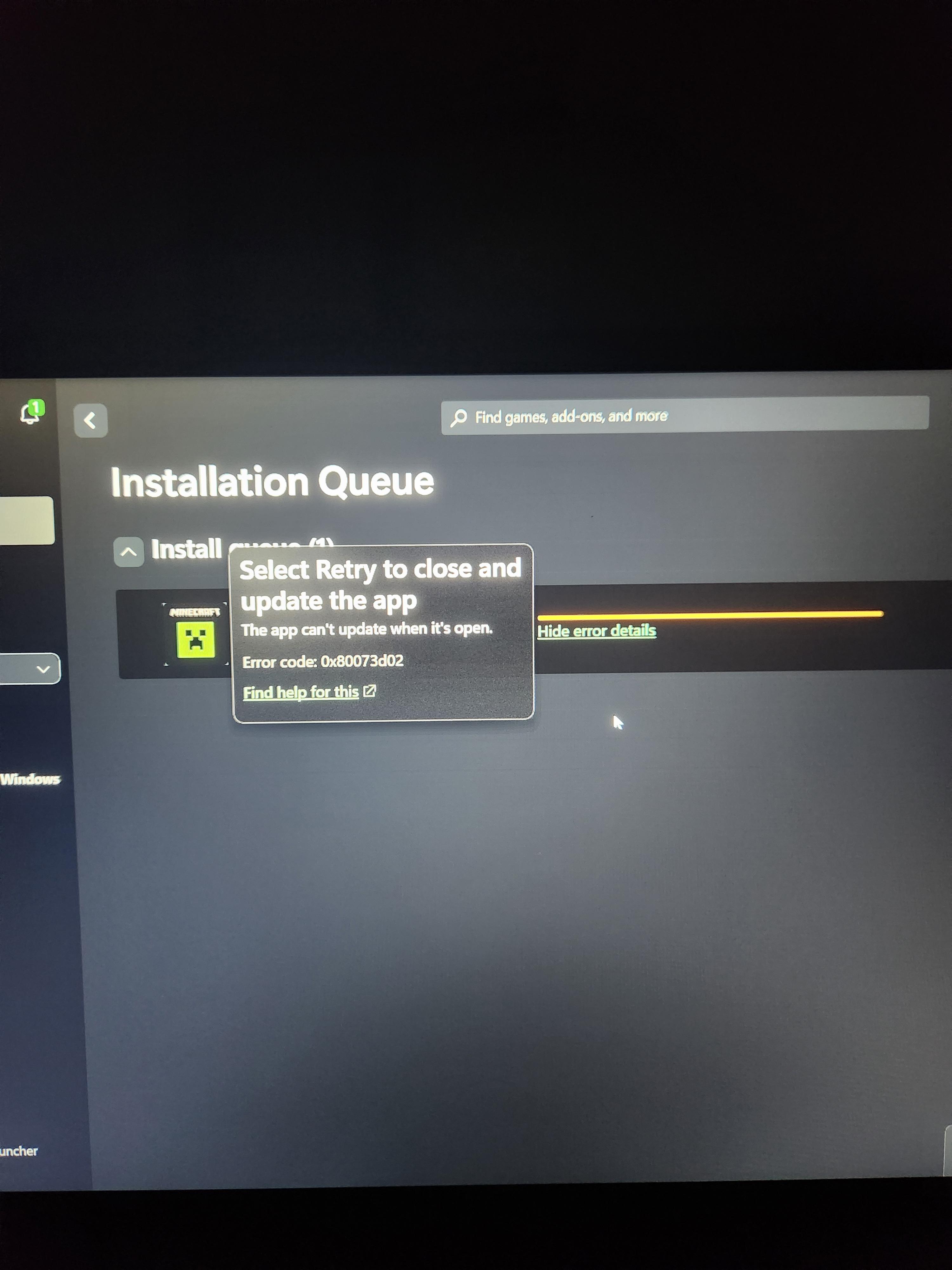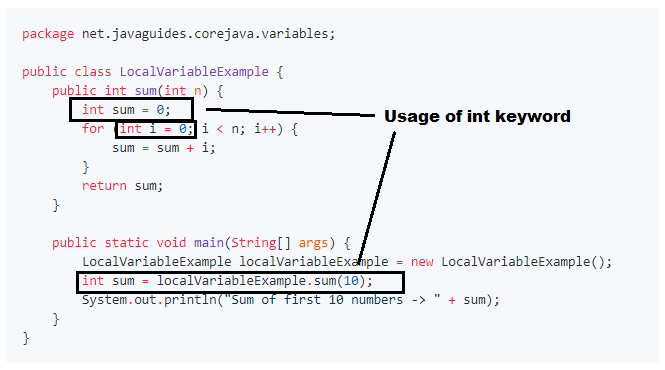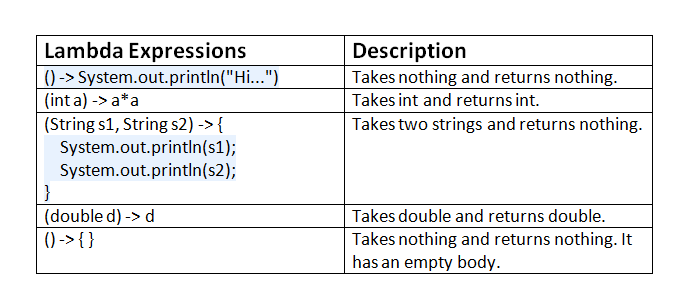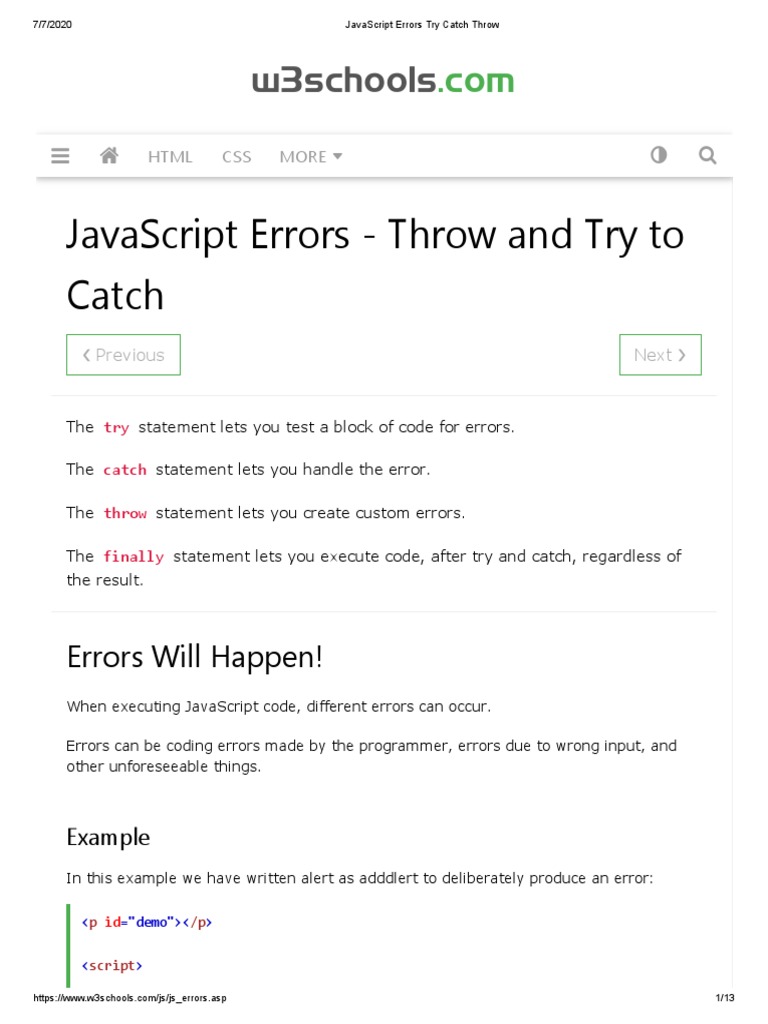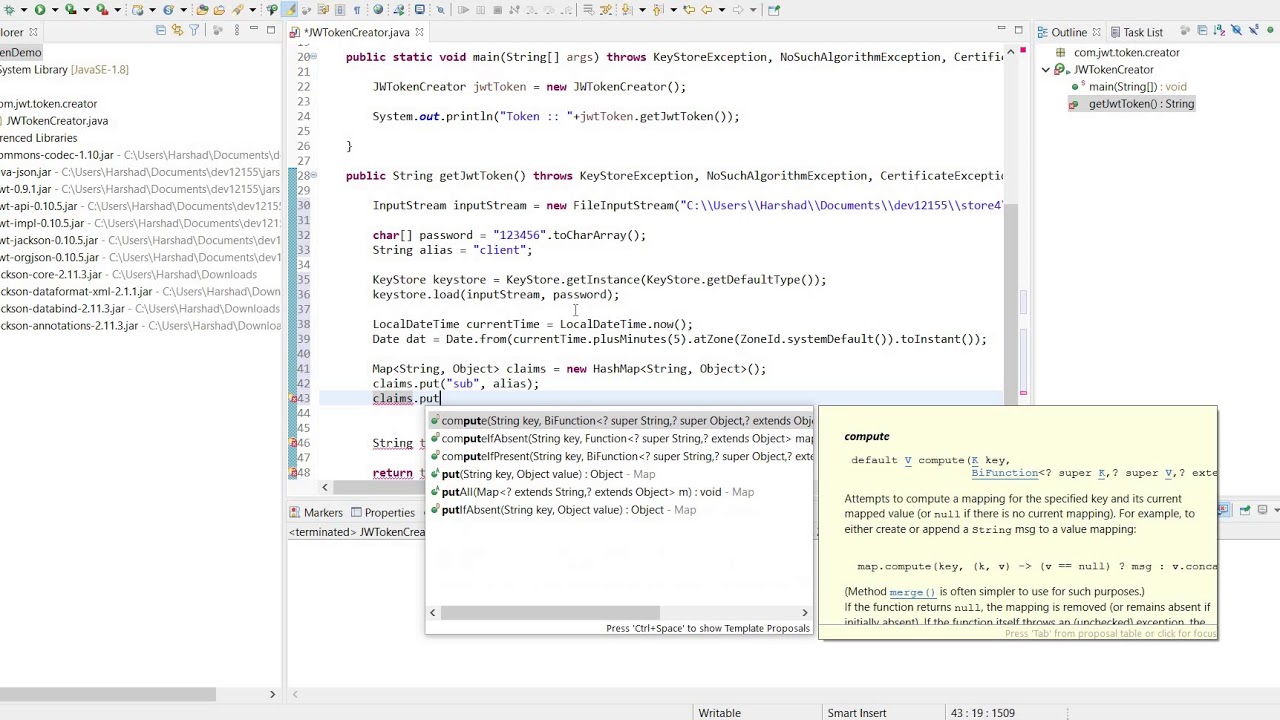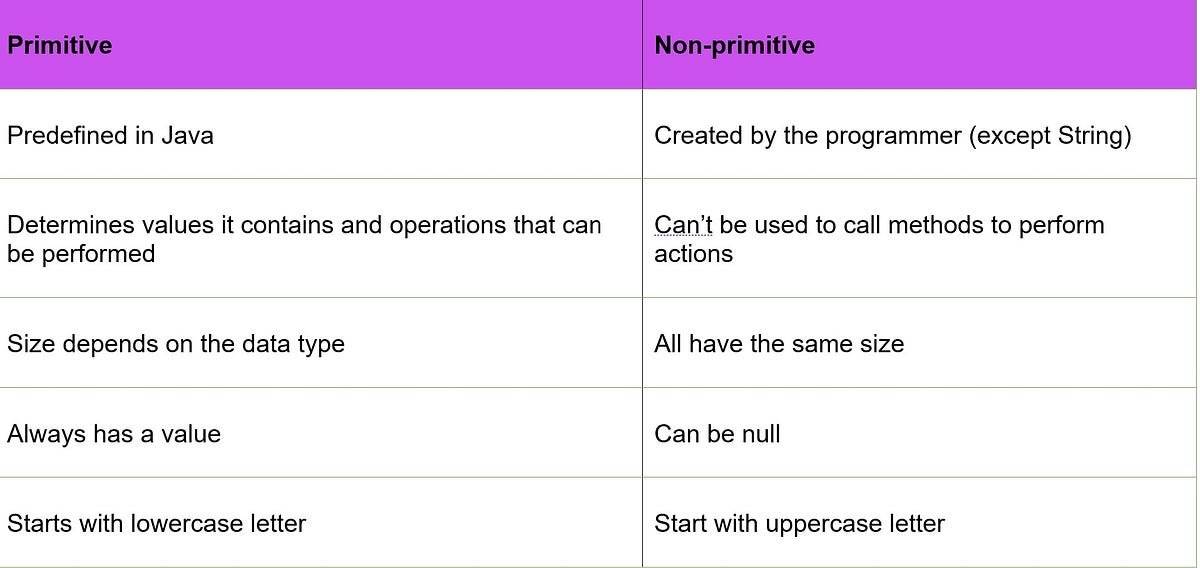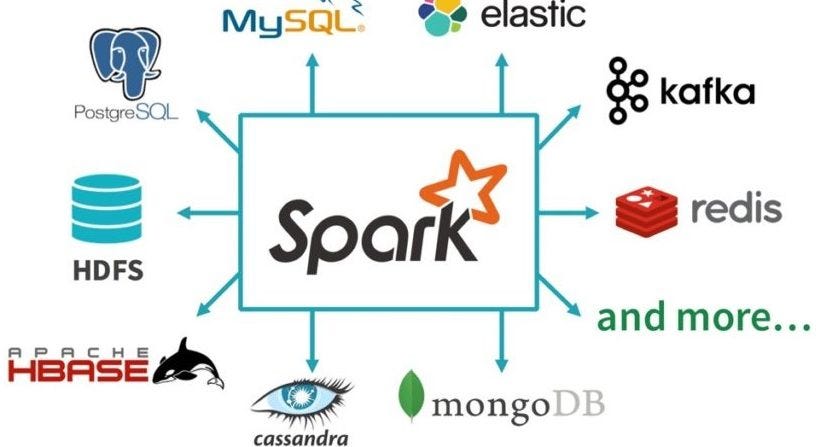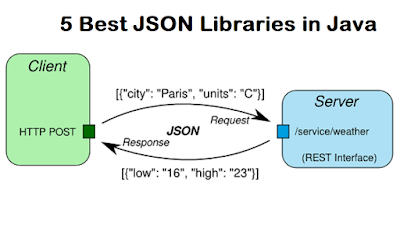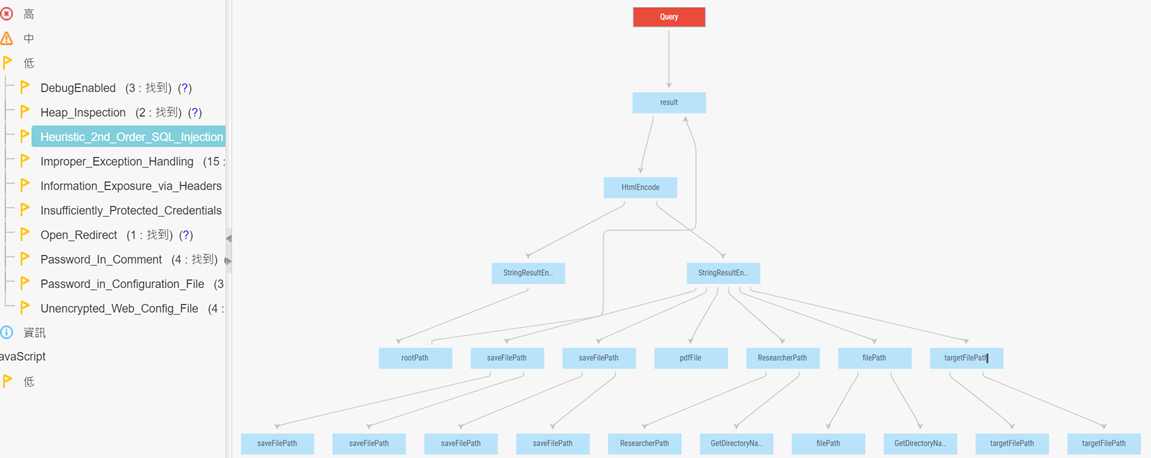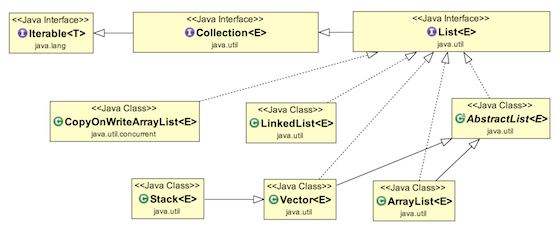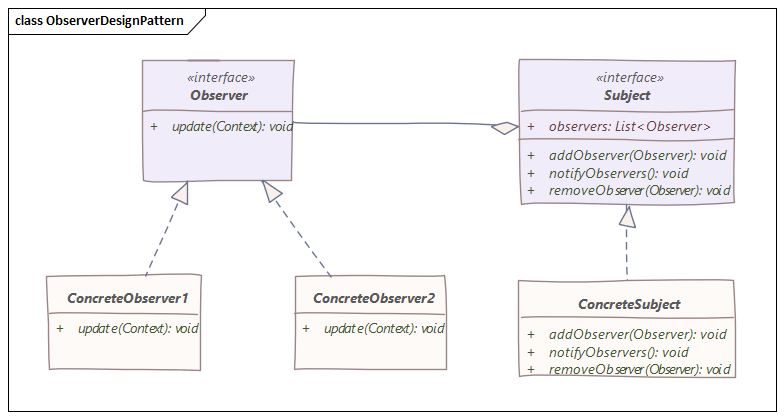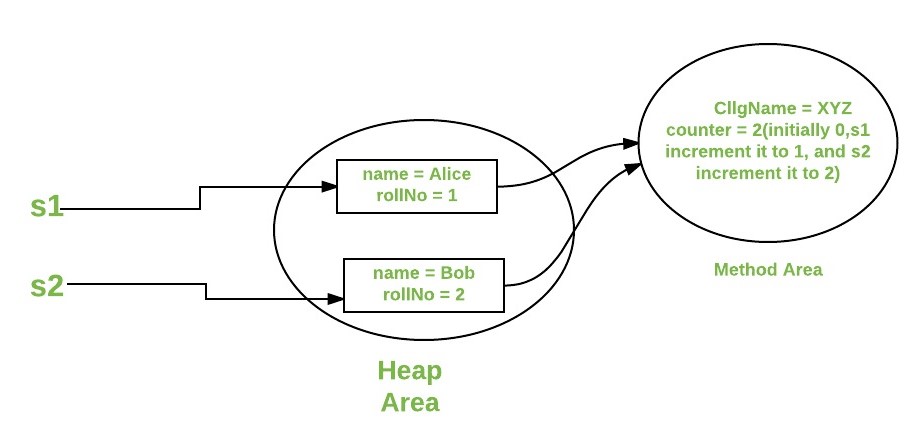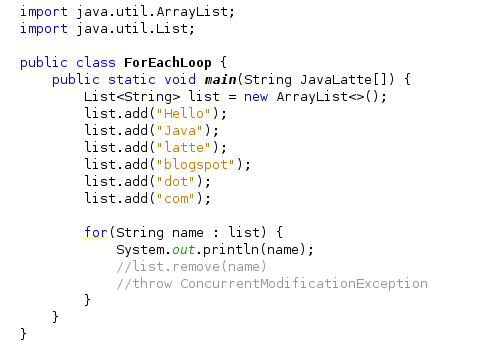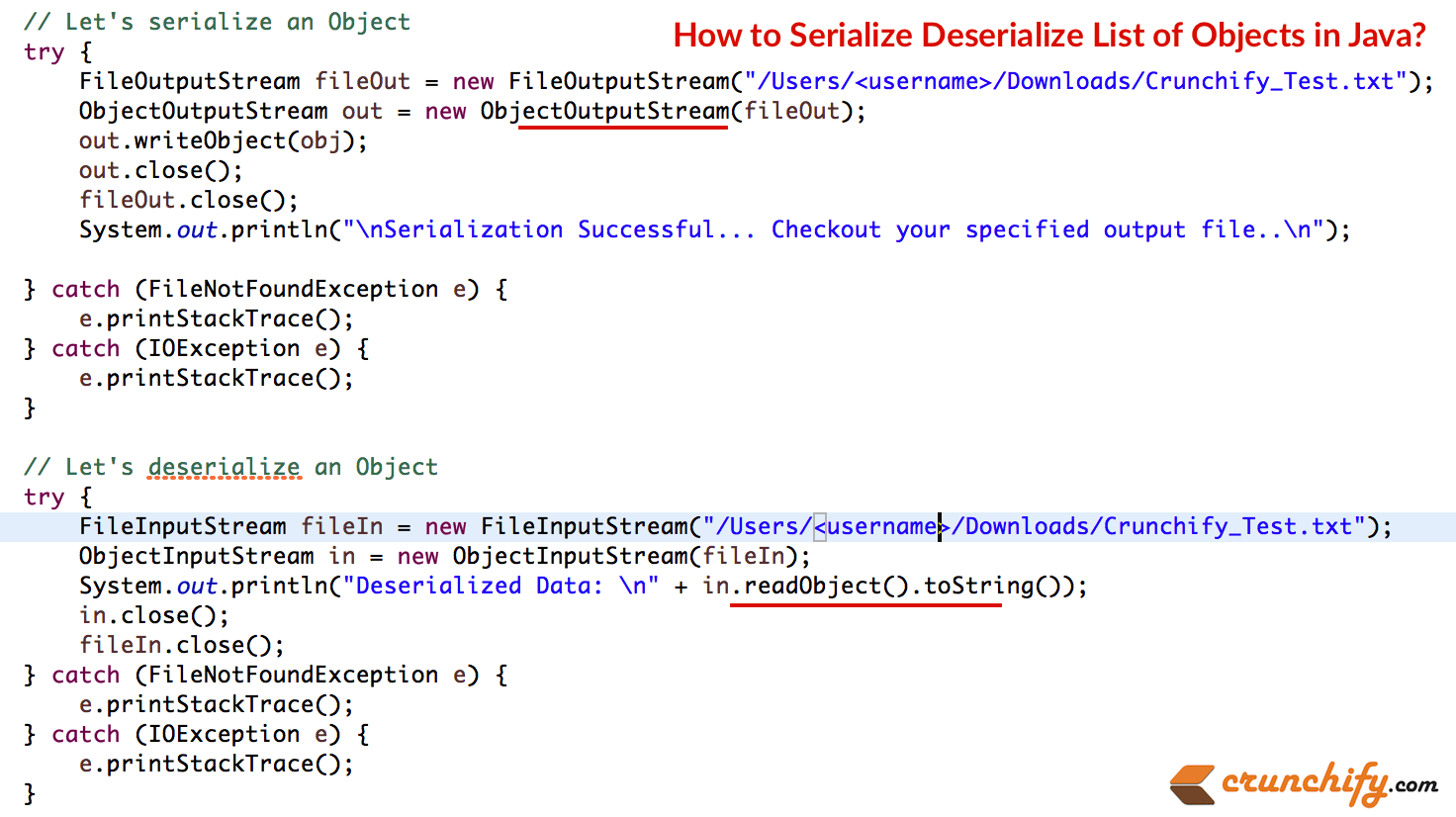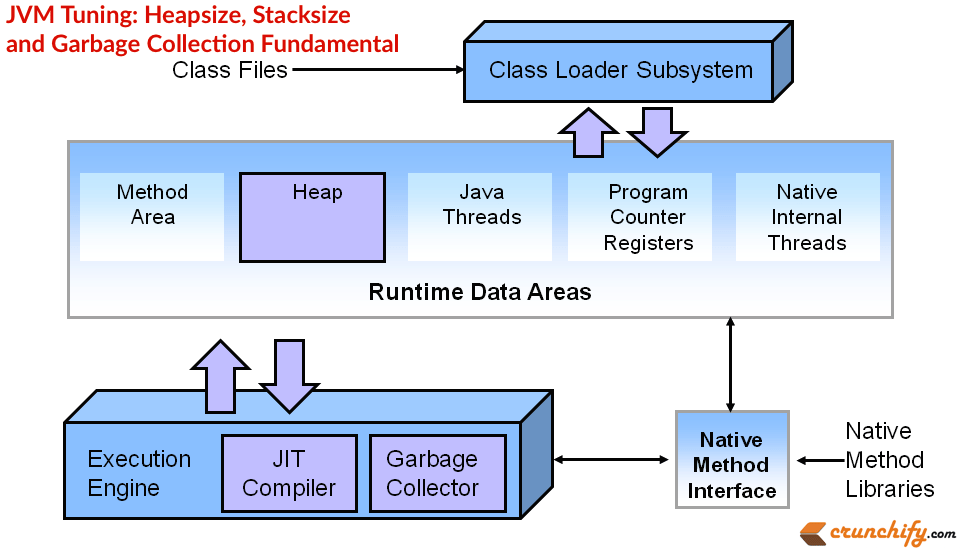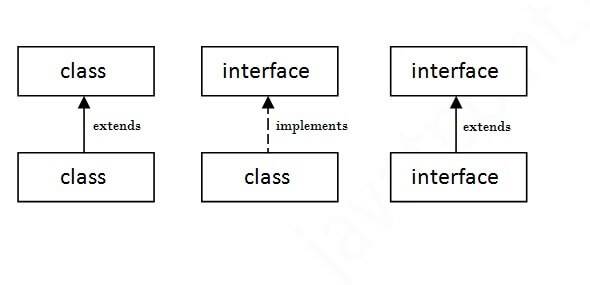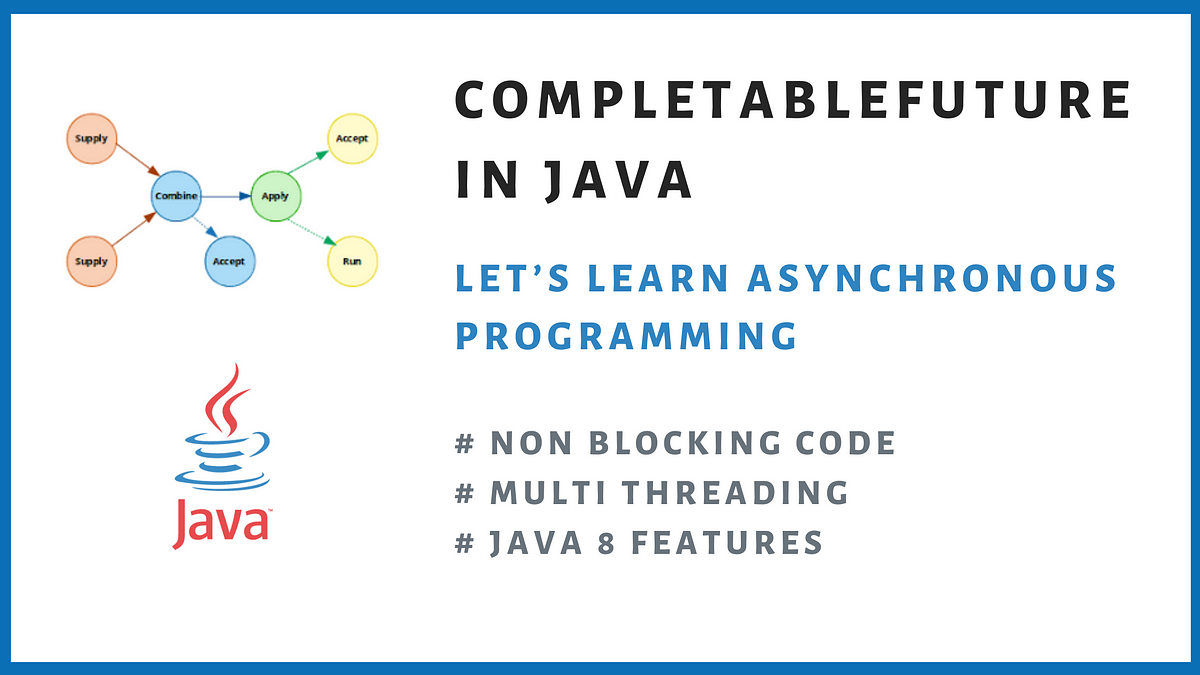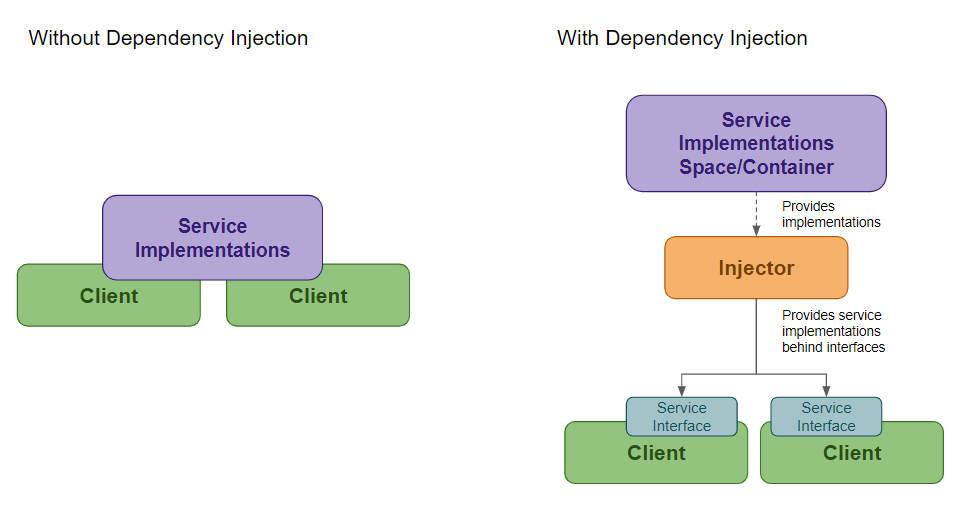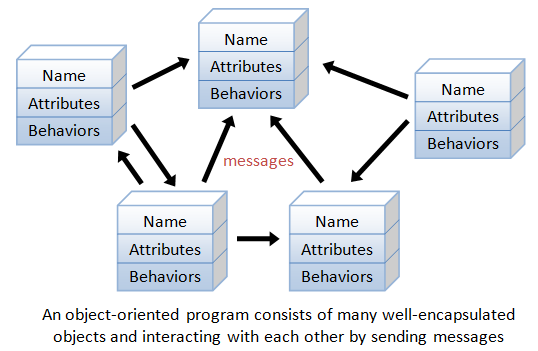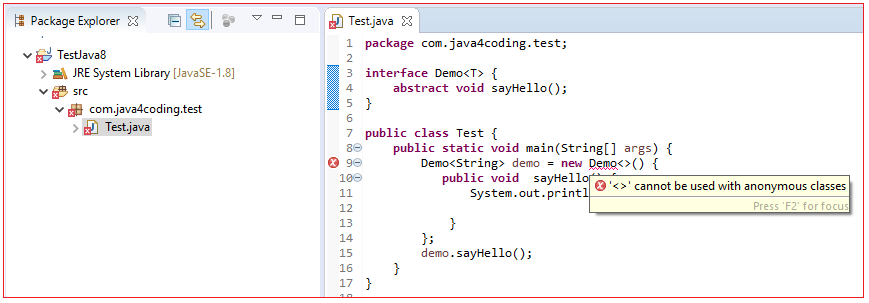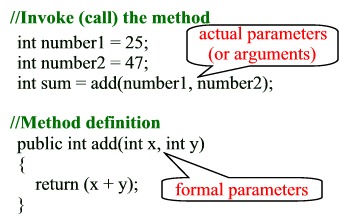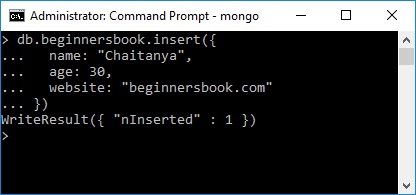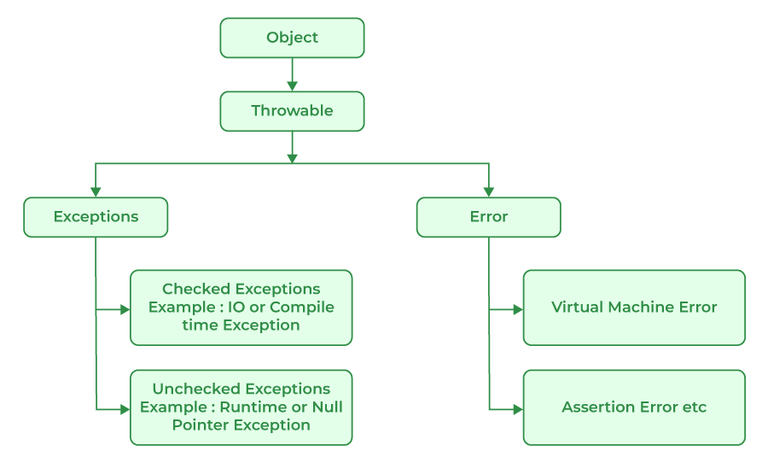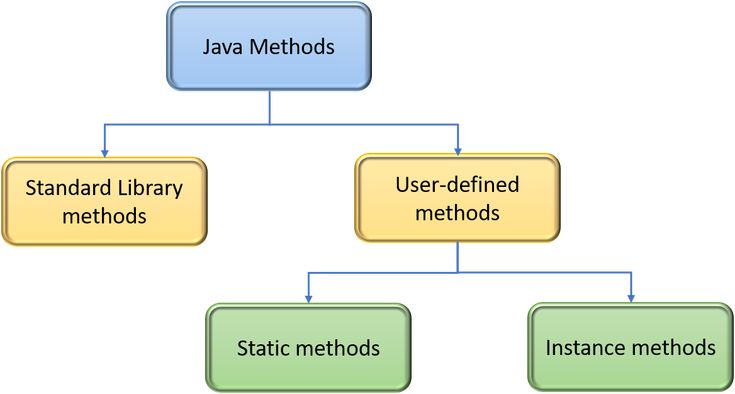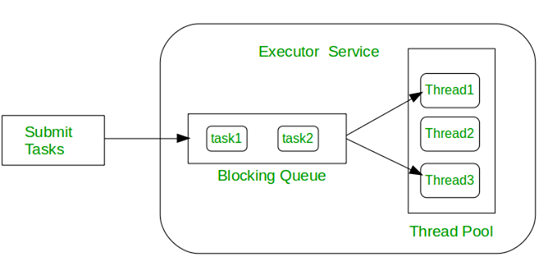Does Java use TCP or UDP?
Does Java use TCP or UDP?
I'd be happy to respond in English!
Java is a high-level programming language and platform that provides various networking APIs for developers to build networked applications. When it comes to choosing between TCP (Transmission Control Protocol) and UDP (User Datagram Protocol), Java doesn't necessarily choose one over the other. Instead, it provides both protocols as options for developers to use in their applications.
TCP is a connection-oriented protocol that guarantees delivery of data packets in the correct order. It's commonly used for applications that require reliable communication, such as file transfers, email, and web browsing. Java's Socket API, which is part of its Standard Edition (SE) library, provides support for TCP sockets. The Socket class in Java creates a connection-oriented stream socket using TCP.
On the other hand, UDP is a connectionless protocol that doesn't guarantee delivery or order of data packets. It's often used for real-time applications that can tolerate some loss or corruption of data, such as online gaming, video streaming, and voice over IP (VoIP). Java's Datagram API, which is also part of its SE library, provides support for UDP datagrams. The DatagramSocket class in Java creates a connectionless datagram socket using UDP.
In practice, when building networked applications with Java, developers typically choose the protocol based on their specific requirements. For example, if you're building an online chat application that requires reliable and ordered delivery of messages, you might use TCP sockets. On the other hand, if you're building a real-time multiplayer game that can tolerate some packet loss or corruption, you might use UDP datagrams.
In addition to these low-level networking APIs, Java also provides higher-level APIs like Sockets and Server Sockets for working with TCP and UDP protocols. These APIs provide more abstracted programming models and simplify the development of networked applications.
In summary, Java doesn't specifically choose between TCP and UDP; instead, it provides both protocols as options for developers to use in their applications. The choice between TCP and UDP depends on the specific requirements of your application, such as reliability, latency, and data integrity.
What is TCP and IP in Java?
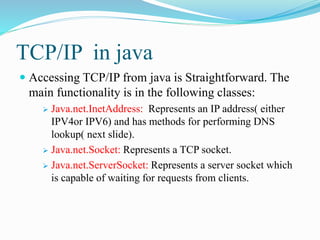
I'd be happy to explain TCP and IP in the context of Java programming.
IP (Internet Protocol)
In Java, IP refers to the layer 3 protocol that helps devices communicate with each other over the internet. IP provides a way to identify unique addresses for devices on the network, allowing data packets to be routed between them. In Java, you can work with IP using the InetAddress class, which represents an IP address.
When working with IP in Java, you can:
Get the local machine's IP address usingInetAddress.getLocalHost() Resolve a hostname to an IP address using InetAddress.getByName(String host) Create a socket that binds to a specific IP address and port number Send and receive datagrams ( packets) over the network
Here's some sample Java code that demonstrates working with IP:
import java.net.InetAddress;
import java.net.UnknownHostException;
public class Main {
public static void main(String[] args) throws UnknownHostException {
// Get the local machine's IP address
InetAddress localhost = InetAddress.getLocalHost();
System.out.println("Local host IP: " + localhost.getHostAddress());
// Resolve a hostname to an IP address
String hostname = "www.example.com";
InetAddress website = InetAddress.getByName(hostname);
System.out.println("Website IP: " + website.getHostAddress());
}
}
TCP (Transmission Control Protocol)
In Java, TCP is a connection-oriented protocol that provides reliable data transfer between devices. It's used for applications that require guaranteed delivery of data packets. In Java, you can work with TCP using the Socket and ServerSocket classes.
When working with TCP in Java, you can:
Establish a socket connection to a remote host Send and receive data packets over the connection Use theSocket class to create a client or server application Use the ServerSocket class to listen for incoming connections
Here's some sample Java code that demonstrates working with TCP:
import java.net.ServerSocket;
import java.net.Socket;
public class Main {
public static void main(String[] args) throws Exception {
// Create a server socket to listen for connections
ServerSocket server = new ServerSocket(8000);
System.out.println("Server started. Listening on port 8000...");
// Accept incoming connections and process requests
Socket client = server.accept();
System.out.println("Connection accepted from " + client.getInetAddress());
// Process the request
// ...
client.close();
server.close();
}
}
In summary, in Java, IP provides a way to identify unique addresses for devices on the network, while TCP provides reliable data transfer between devices. Both protocols are essential for building networked applications in Java.
Remember that these are just brief examples of working with IP and TCP in Java. For more information, you can refer to the official Oracle documentation or online tutorials.

